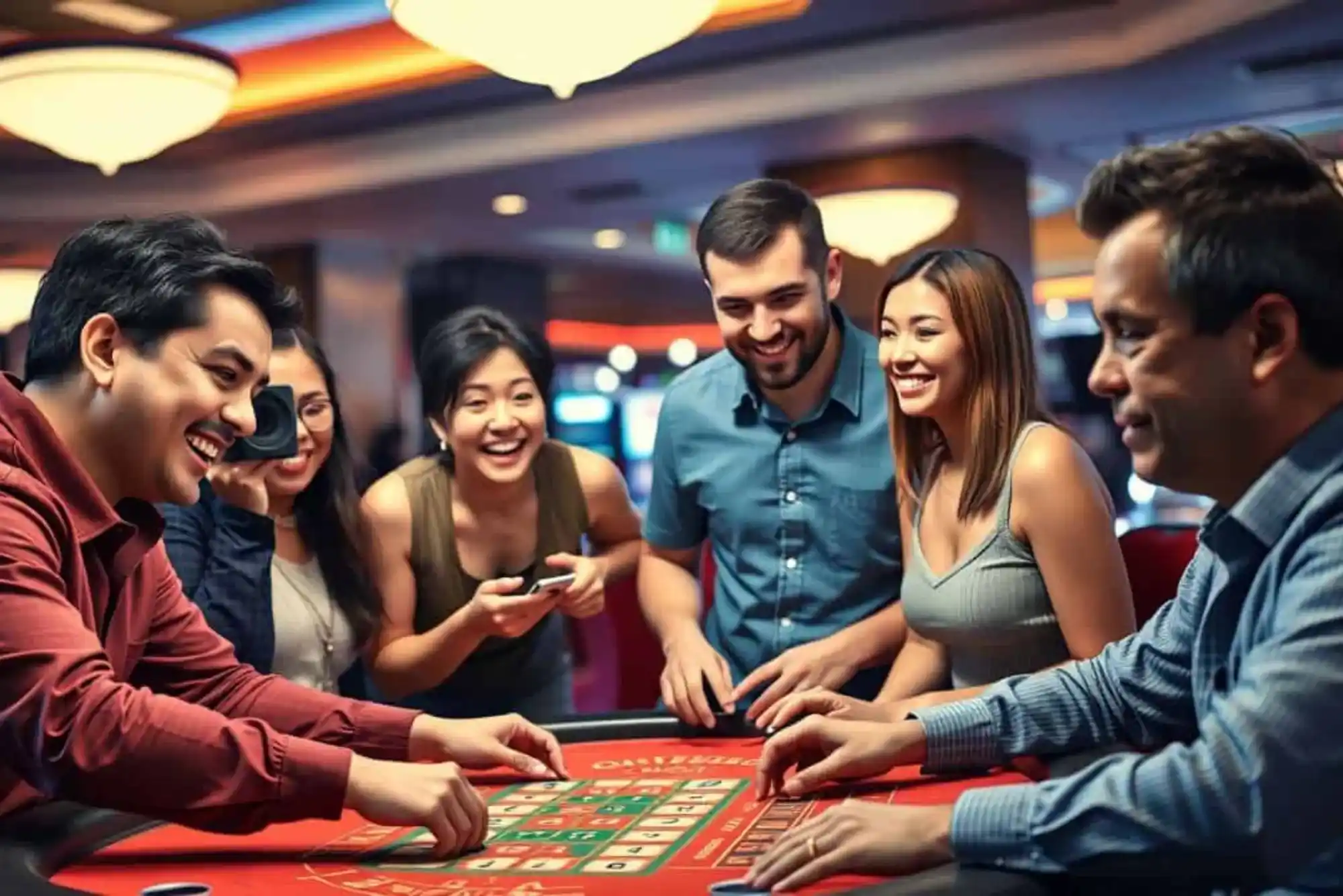Anyone who has spent time around betting shops, casinos, or online gambling platforms has probably noticed a curious pattern: players who lose money often continue to gamble, sometimes doubling or even tripling their bets in a desperate attempt to recover. This behavior, known as “chasing losses,” is one of the most recognized psychological traps in gambling. But why do bettors fall into it, even when they know the odds are against them? The answer lies deep in human psychology, blending emotional triggers, cognitive biases, and behavioral conditioning.
The Emotional Pull of Chasing Losses
At the heart of chasing losses is emotion. Losing money is painful—not just financially but also psychologically. People don’t simply see losses as numbers; they feel them as failures. Instead of walking away, many try to erase the discomfort by winning back what was lost. In their mind, one more spin, one more bet, or one more hand could be the key to turning things around.
Psychologists call this “loss aversion,” the tendency to feel the pain of losing more strongly than the joy of winning. Studies show that losing $100 hurts more than winning $100 feels good. This imbalance drives gamblers to continue betting, even against their better judgment, in pursuit of emotional relief rather than rational decision-making.
This behavior is particularly evident in environments like non gamstop casinos, where players may seek platforms outside regulatory limits to continue gambling without restrictions. While these sites can offer more freedom, they also create situations where loss-chasing behaviors may spiral unchecked.
Cognitive Biases at Play
Beyond emotions, cognitive biases explain much of why bettors chase losses. The “gambler’s fallacy” is one of the most powerful. This is the belief that after a streak of losses, a win must be due. For example, if the roulette wheel lands on black five times in a row, many players assume red is more likely next, when in reality the odds remain the same.
Another bias is the “illusion of control.” Bettors often convince themselves that skill or strategy can override chance. In games where luck dominates, like slots or roulette, this belief creates false hope that persistence will eventually pay off. These biases keep gamblers locked in a cycle of continued betting, hoping for a turnaround that rarely arrives.
The Role of Conditioning
Psychologists often compare gambling to behavioral conditioning seen in experiments with animals. Casinos and betting platforms use reward systems that mirror “variable reinforcement schedules.” This means wins are unpredictable—sometimes they come quickly, sometimes after long stretches of losses. The uncertainty itself becomes addictive, much like how slot machines draw players in with flashes, sounds, and small intermittent rewards.
When a bettor experiences a win after chasing losses, even if it doesn’t fully cover their deficit, the brain releases dopamine, reinforcing the idea that persistence pays. This chemical response makes it more likely they will repeat the cycle in future situations, even when logic suggests otherwise.
The Social and Cultural Factors
Chasing losses is not only an individual psychological issue but also a social one. The culture around gambling often glorifies “big wins” and dramatic turnarounds. Movies, media, and even conversations among friends create stories where persistence leads to triumph. These narratives, though rare in reality, encourage bettors to believe that chasing losses is part of the gambling journey rather than a warning sign.
In online spaces, communities of gamblers sometimes reinforce loss-chasing behaviors, sharing “success stories” of winning big after a long losing streak while glossing over the far more common outcome of deeper financial loss. This cultural influence makes it even harder for individuals to walk away.
The Dangers of Chasing Losses
While the psychology of chasing losses is fascinating, the consequences can be devastating. What begins as a small attempt to recover a minor loss can quickly escalate into significant financial strain. Chasing often leads to borrowing, using credit, or dipping into essential savings. For some, it becomes a destructive cycle that affects relationships, mental health, and long-term stability.
Responsible gambling frameworks emphasize setting limits before play begins—both time and money. By creating boundaries, bettors can reduce the likelihood of chasing behavior taking hold. But psychology shows us that even with preparation, strong emotional impulses can override logical decisions in the heat of the moment.
Can Bettors Break the Cycle?
The good news is that understanding the psychology behind chasing losses can help break the cycle. Awareness of biases, emotions, and conditioning mechanisms allows players to recognize patterns in their own behavior. Techniques such as self-exclusion, setting strict bankroll limits, and taking cooling-off periods can provide much-needed barriers.
Therapeutic approaches, such as cognitive-behavioral therapy (CBT), are also effective in treating gambling addiction. By reframing thoughts around losses and challenging irrational beliefs, CBT helps individuals regain control over their decisions. Support groups and helplines provide community and accountability, both of which are crucial for long-term recovery.
Final Thoughts
So, can psychology explain why bettors chase losses? Absolutely. It is a cocktail of loss aversion, cognitive biases, emotional impulses, and cultural reinforcement. The act of chasing losses is less about rational calculation and more about human psychology responding to discomfort and hope.
For bettors, the key lies in recognizing these patterns before they spiral. Gambling can be an entertaining pastime when approached with limits and self-awareness, but unchecked chasing can lead to devastating consequences. By understanding the psychological drivers at play, individuals have a better chance of enjoying gambling responsibly rather than becoming trapped in its most dangerous cycle.








